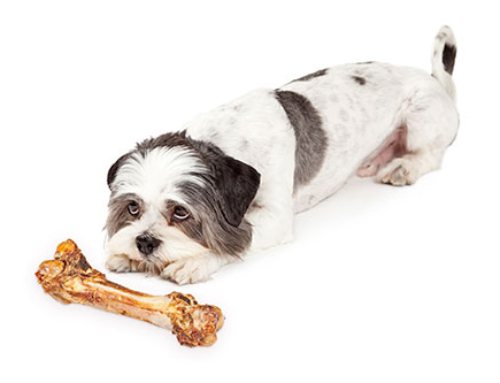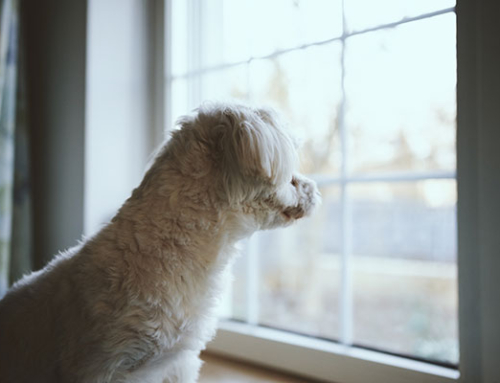If it’s true that our pets have a more acute sense of smell than ours, how much does this poor air quality affect them? And is it different between dogs and cats?
- Dogs and cats have a highly developed sense of smell; a much larger area of their brain is devoted to this sense compared to humans. The olfactory lobe is about the size of a pea in humans and in dogs, it’s the size of an apricot
- For comparison, a dog has more than 220 million olfactory receptors in its nose, while humans have only 5 million
- A dog’s sense of smell is about 1,000 times stronger than ours and cats are about 14 times.
- Small /medium size dogs and all cats have much smaller lungs and or tidal volume ( the amount of air you can hold in your lungs) that Humans and are therefore more sensitive to poor air quality.
- Second-hand smoke and smoke and pollutants from fires and smog are more dangerous to them because they have such small lung capacity
What are the signs that poor air quality is affecting pets?
- Coughing, gagging, spitting up foam or mucous, sneezing, trouble breathing, nasal discharge, runny eyes, fever, lethargy, and exercise intolerance.
- I am going to mention that I have recently seen an increase of pets coming into the clinic
Can poor air quality worsen existing medical conditions?
- Yes pets with underlying heart disease, obesity, lower airway disease, diabetes, upper respiratory problems including asthma, older pets and in general pets with any underlying disease can exacerbate disease due to poor air quality
What can we do to help our pets and reduce adverse effects on the smokey air?
- Avoid strenuous exercise and keep to short walks until the air improves
- Take your pet to the vet and get prescription medication if they have severe symptoms such as coughing, fever, nasal discharge, or lethargy
- Give them an antihistamine such as Benadryl 1mg per pound twice a day
- Make sure your pets are well hydrated at all times and encourage water drinking buy buying a water fountain, offering ice cubes, and having water readily available
During poor air quality, can pets track these pollutants into the house and onto floors and bedding and does it affect their hair and skin?
- Pets fur can trap and attract soot, ash, and other pollutants so it’s a good idea to wipe them down after they go outside and or give them a soothing aloe or oatmeal bath to help calm their skin which can get irritated
- Frequently wash their bedding and rugs and vacuum to remove any pollutants your pet may bring in.
- Put a t-shirt and or booties on your pet before you take them outside to minimize their exposure to polluted air and its sometimes carcinogenic debris that can be present when plastics and other material have burned




